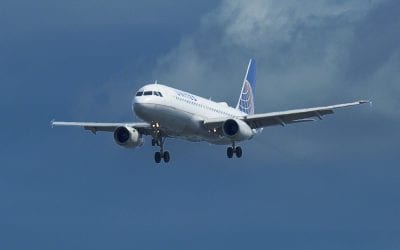At approximately 5 p.m. on Monday, June 22nd, two trains crashed on the packed commuter metro Red Line near Tacoma Park, Md.
The accident is the deadliest in the D.C.’s Metro’s 33-year history. Nine people were killed and least 76 people were injured and transported to hospitals.
After New York City, Washington’s rapid transit system, called the Metro, is the second-busiest urban rail system in the country. An average of 800,000 people use it each day. During President Obama’s inauguration, more the 1,200,000 people used it. The system has been in a constant growth mode as the Metropolitan D.C. area has exploded into the suburbs.
Since the crash, there has been extensive debate as to whether or not the crash was due to a human or a mechanical error. Initially, reports attributed the accident to a human error on the part of the conductor, who was killed. After further examination, some of the cars were found to have mechanical faults.
District of Columbia’s Mayor Adrian Fenty has said the crash dramatizes the need for the rail system to be upgraded because some cars were found to have mechanical defects and others were overdue to be inspected. Federal transportation inspectors say it will require a minimum of six months until the reason for the crash is ascertained. Fenty said federal safety investigators are still searching for the cause of the crash and there’s no question the issue of rail car safety is a valid one.
The mayor is adamant that the transportation system must protect more people with stronger cars. The governments of the District of Columbia, Maryland and Virginia operate the system jointly.
According to the Washington Metropolitan Transit Authority, metro trains in Washington will be manually operated by operators until further notice. This way, the train operator has full control of the train’s starts, stops and its speed. The operator must operate within specific speed parameters set by the signals or the train will automatically shut down.
Many people are questioning the Metropolitan Transit Authority’s liability. Many feel this accident could have been easily avoided. They don’t remember this is only the second accident where there were fatalities in the history of this rail transit system.
Do you think this will be a wake up call for cities throughout the world to institute more assiduous inspection systems?
Karen Fawcett is president of BonjourParis.

Karen Fawcett loves to travel anywhere. Karen was a founder & president BonjourParis.com while living in Paris for more than 25 years. She has traveled across Europe and the rest of the world. She is now based in Washington, DC.



